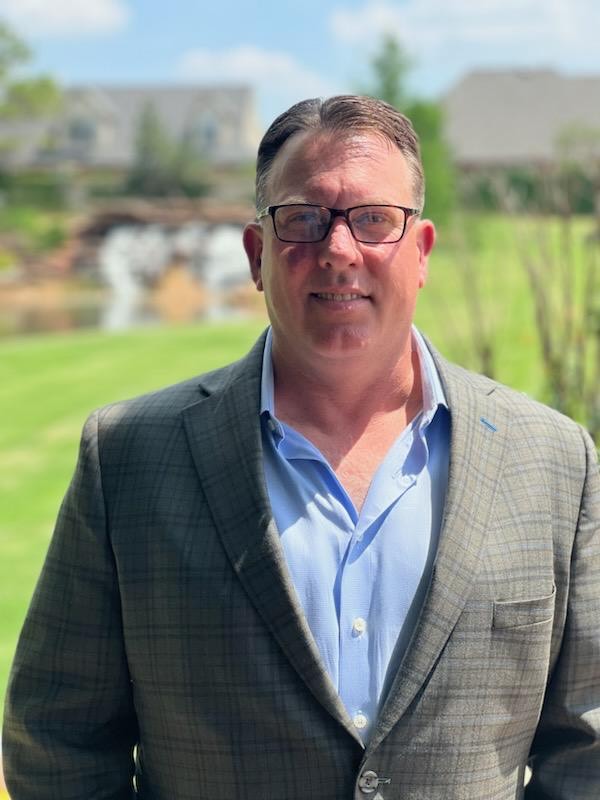Making decisions in life that ensure an equivalent or better standard of living for future generations is known as environmental sustainability. Environmental sustainability and the quest for cleaner and greener energy sourceshave become paramount in today’s world. Amid this backdrop, SRLT Inc., under the visionary leadership of Derek Williamson, is setting an inspiring precedent. They are on a mission to develop the first zero-emission refinery in the United States, an endeavor that represents a monumental leap forward in the world of energy. This article delves will further delve into it.
Redefining the Energy Landscape
For decades, conventional refineries have been integral to meeting the world’s energy needs. However, the carbon emissions associated with their operations have raised grave environmental concerns. And due to those raising concerns, the transition towards zero-emission refineries has become a profound response. SRLT Inc. is leading this charge.
Cutting-Edge Carbon Capture Technology
At the heart of SRLT’s vision lies cutting-edge carbon capture technology. This innovative approach captures and stores carbon dioxide emissions, preventing them from entering the atmosphere. This technology isn’t merely a lofty idea; it’s an efficient and practical solution that significantly reduces the carbon footprint of refinery operations.
The process involves capturing carbon emissions at their source, preventing them from escaping into the air during the various stages of refinery activities. The captured carbon can then be stored underground or repurposed for other industrial applications, thus eliminating harmful emissions without compromising on energy production.
Sustainable Energy Sources
The journey towards zero-emission refineries also includes a fundamental shift in the energy sources used. SRLT Inc. is actively investing in renewable and sustainable energy sources to power its operations. This includes wind, solar, and other clean energy options that are not only environmentally friendly but also economically viable.
By incorporating these sustainable energy sources into its operations, SRLT is breaking away from the traditional dependence on fossil fuels, thereby reducing greenhouse gas emissions and mitigating the impact on climate change.
Strategic Partnerships and Collaborations
SRLT Inc. understands the magnitude of the challenge it has undertaken. Developing a zero-emission refinery requires not just vision but also collaboration. The company is actively engaging in strategic partnerships with research institutions, environmental organizations, and government agencies. These collaborations are enabling them to access the latest research, technologies, and funding required to make their vision a reality.
Moreover, these partnerships help create a supportive ecosystem that nurtures innovation and facilitates the exchange of ideas, ultimately accelerating the journey toward a zero-emission future.
Regulatory Compliance and Public Support
SRLT Inc. is committed to complying with stringent environmental regulations in order to make this dream of a zero-emission refinery a reality. It’s crucial to meet or exceed these standards to ensure that the refinery’s operations align with the principles of sustainability and environmental protection.
Furthermore, public support is also quite vital. SRLT Inc. recognizes that the community and consumers are increasingly demanding sustainable and environmentally responsible energy solutions. Their commitment to a zero-emission refinery resonates with a growing segment of environmentally conscious individuals and organizations.
SRLT Inc.’s vision for the first zero-emission refinery in the United States isn’t just a pipe dream but a well-thought-out and technologically driven initiative. Under the leadership of Derek Williamson, SRLT Inc. stands as a beacon of hope for a cleaner, greener and more sustainable future. This demonstrates that environmental sustainability and energy production can coexist harmoniously, and in order to modernize and become more advanced, we don’t necessarily have to kill nature.

